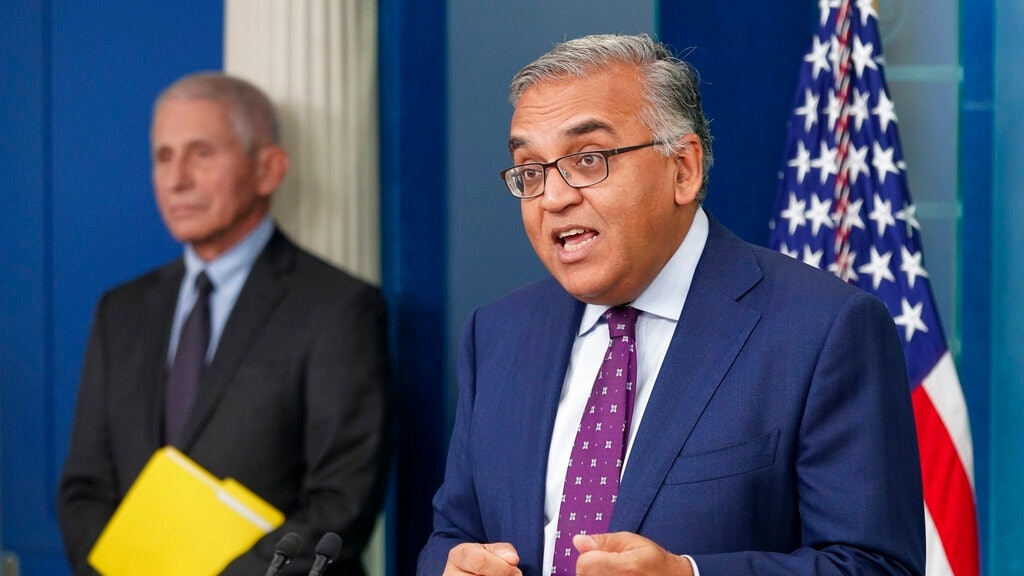After China relaxed its epidemic control, the number of infected people surged, and many countries, including the United States, Japan, India, South Korea and Italy, implemented testing measures for Chinese inbound passengers.
Hu Xijin, an Internet celebrity media person in mainland China and former editor-in-chief of the Global Times, recently issued a statement claiming that some countries are fooling themselves by reversing their restrictions on the entry of Chinese tourists.
He cited the new restrictive measures adopted by countries such as the United States, Japan, India, South Korea, and Italy, saying that although it is understandable to a certain extent, it is indeed unwise and he is fooling himself.
"Restricting the entry of tourists from China can only be a kind of self-comfort, or if the epidemic intensifies in those countries, there will be an excuse to escape responsibility."
The author strongly disagrees with Hu Xijin's above judgments and remarks.
These countries are not restricting the entry of Chinese tourists, but require Chinese tourists to undergo testing before or after entry. This measure is no different from China’s announcement that it will require passengers going to China to provide a 48-hour negative nucleic acid test certificate starting from January 8. Sincerely.
The Japanese government issued an announcement on December 27 to strengthen epidemic prevention measures for people entering the country from China.
(Screenshot from the website of the Ministry of Foreign Affairs of Japan)
What China requires is pre-arrival testing, which is consistent with the requirements of the United States and India.
Japan requires Chinese passengers to undergo nucleic acid testing upon arrival, a measure adopted by many countries and regions.
The relaxation of anti-epidemic measures announced by Hong Kong on December 28 requires rapid screening within 24 hours before arrival or registration or nucleic acid testing within 48 hours.
South Korea's measures against China are not to restrict entry, but to conduct nucleic acid tests on people with a body temperature exceeding 37.3 degrees Celsius and their companions (there may be additional measures requiring Chinese passengers to submit negative PCR test certificates within 48 hours before departure on the 30th).
The measures announced by India are not only aimed at mainland China, but the inspection measures also apply to many countries such as Japan, Thailand and South Korea.
There is no doubt that the epidemic situation in China is very severe.
It is not a political action, nor is it unwise to fool oneself, but the rapid response measures of the epidemic prevention agencies of various countries.
The outbreak in Beijing has come fiercely and quickly. Even though the amount of virus is relatively weak, it is still a fatal crisis for the elderly and patients with chronic diseases (the processed part in the picture is the coffin of the deceased).
(Use authorized by ETtoday)
China has a population of 1.4 billion. It is still unknown whether the rapid spread of Omicron will mutate into new strains.
It is a common practice to strengthen the monitoring of immigrants from areas with severe epidemics.
When Delta "sieged the city" in India in May 2021, the policy of the United States was to publicly and explicitly prohibit those who had been to India within 14 days from entering the United States.
Many countries, such as the United States, Japan, South Korea, and India, have already released epidemic control measures. Monitoring virus mutations is a normal epidemic prevention measure, and the means are relatively mature.
Most of the countries making judgments on epidemic policies are expert officials with professional experience in infectious disease prevention and control.
People should not impose political imagination on relevant monitoring.
Judging from the past situation, the strengthened monitoring measures of countries such as the United States, Japan, South Korea, India and Italy all have a certain period of time.
The outbreak of the epidemic in China has just begun, and when various data are not clear, testing and monitoring are just means to monitor the epidemic.
After the epidemic situation in China stabilizes, I believe that many countries will adjust their measures.
When China did not relax the prevention and control of the epidemic, the international community often called for China to relax. China's economic size determines that many countries urgently need to carry out normal cooperation with China.
If it weren't for the severity of the epidemic, I believe that no country would increase the cost of prevention and control, so stupid as to deliberately restrict the entry of Chinese people.
Relaxation of epidemic prevention|Standard arrival requirements only hold a rapid test within 24 hours or a nucleic acid test within 48 hours Vaccine Pass and entry nucleic acid test cancellation mask order is maintained!
One article sees the latest arrangements for outbound travel, and the search volume has soared. Japan, South Korea, and Thailand rank among the top three. Many countries require Chinese tourists to undergo nucleic acid testing. The Ministry of Foreign Affairs issued interim measures for Chinese and foreign personnel exchanges.






